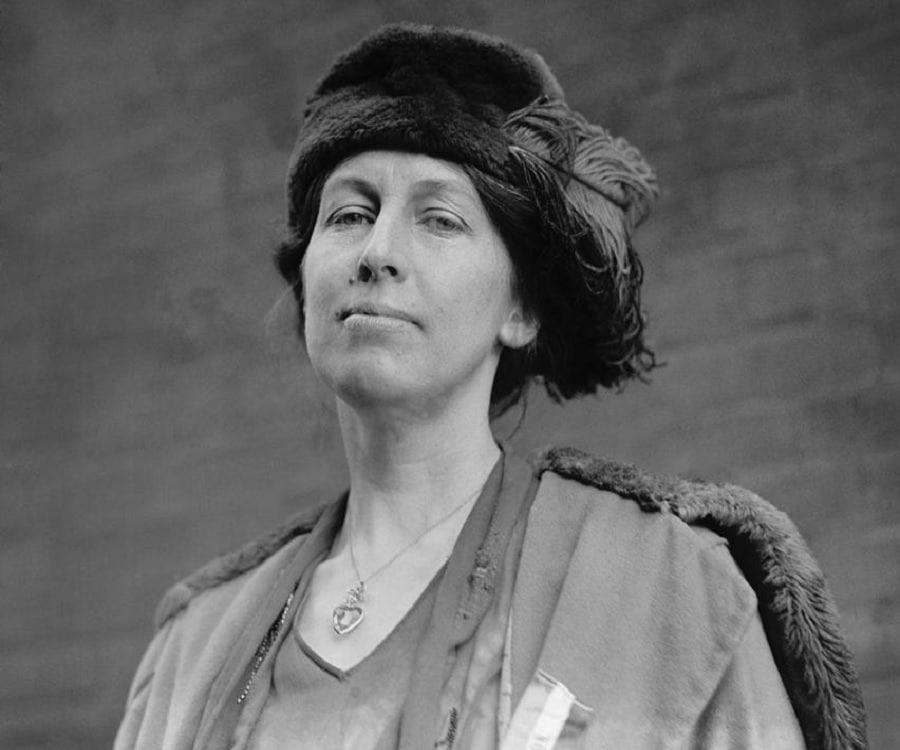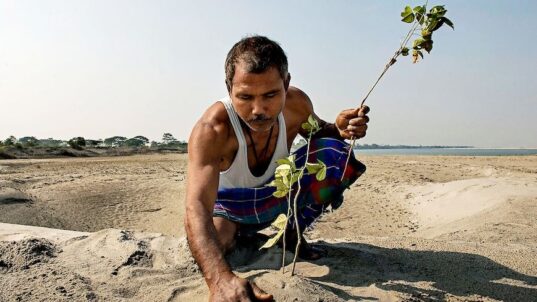
Nora Stanton Blatch Barney
Nora Stanton Barney (née Blatch) was born in England in 1883. She attended high school in New York City, traveling back to England for the summers. When she was 19, her family moved to the United States permanently. Her grandmother was Elizabeth Cady Stanton, the famed suffragist and pioneer for women’s rights. Nora’s mother, Harriot Stanton Blatch,was also an activist for women’s rights. Nora inherited her mother and grandmother’s activist spirit.
Nora chose to study Civil Engineering at Cornell University. She was Cornell’s first woman engineering graduate and one of the first women engineering graduates in the nation. In 1905, when she applied for membership in the American Society of Civil Engineers (ASCE), she was only accepted as a junior member. She sued ASCE to be admitted as a full member but lost. No woman was admitted to full status for more than a decade. In 2015, 103 years after first applying for full ASCE membership, Nora was posthumously selected as a Fellow of ASCE.
Nora’s initial engineering experience was with the New York City Board of Water Supply and then the American Bridge Company. While working, she met Lee de Forest, a pioneer in the development of radio technology. She quit her job and began to work for de Forest. They married and their honeymoon to Europe was essentially a sales trip.
When de Forest later insisted she quit working to become a traditional housewife, Nora refused. The marriage ended soon thereafter.
Nora subsequently held a number of engineering jobs, eventually becoming a real estate developer. She eventually remarried, this time to Morgan Barney, a marine architect, who was more supportive of her career. Throughout her engineering career, she remained active in fighting for women’s rights. She died at the age of 87.
Just imagine how much talent has been lost over the years as a result of a person’s biology. Prejudices based upon gender, race, sexual orientation, or natural origin have restricted entry into many professions. Not everyone was as strong as Nora in the pursuit of a career best suited to her talents. Even today, there continues to be nuanced barriers to entry into what have been predominately white male professions.
* * *
“To engineer a better society, we need people of different genders, races, and backgrounds solving our problems.” – Jamie V. Clark (civil engineer)
This is part of our “Just Imagine” series of occasional posts, inviting you to join us in imagining positive possibilities for a citizen-centered democracy.



